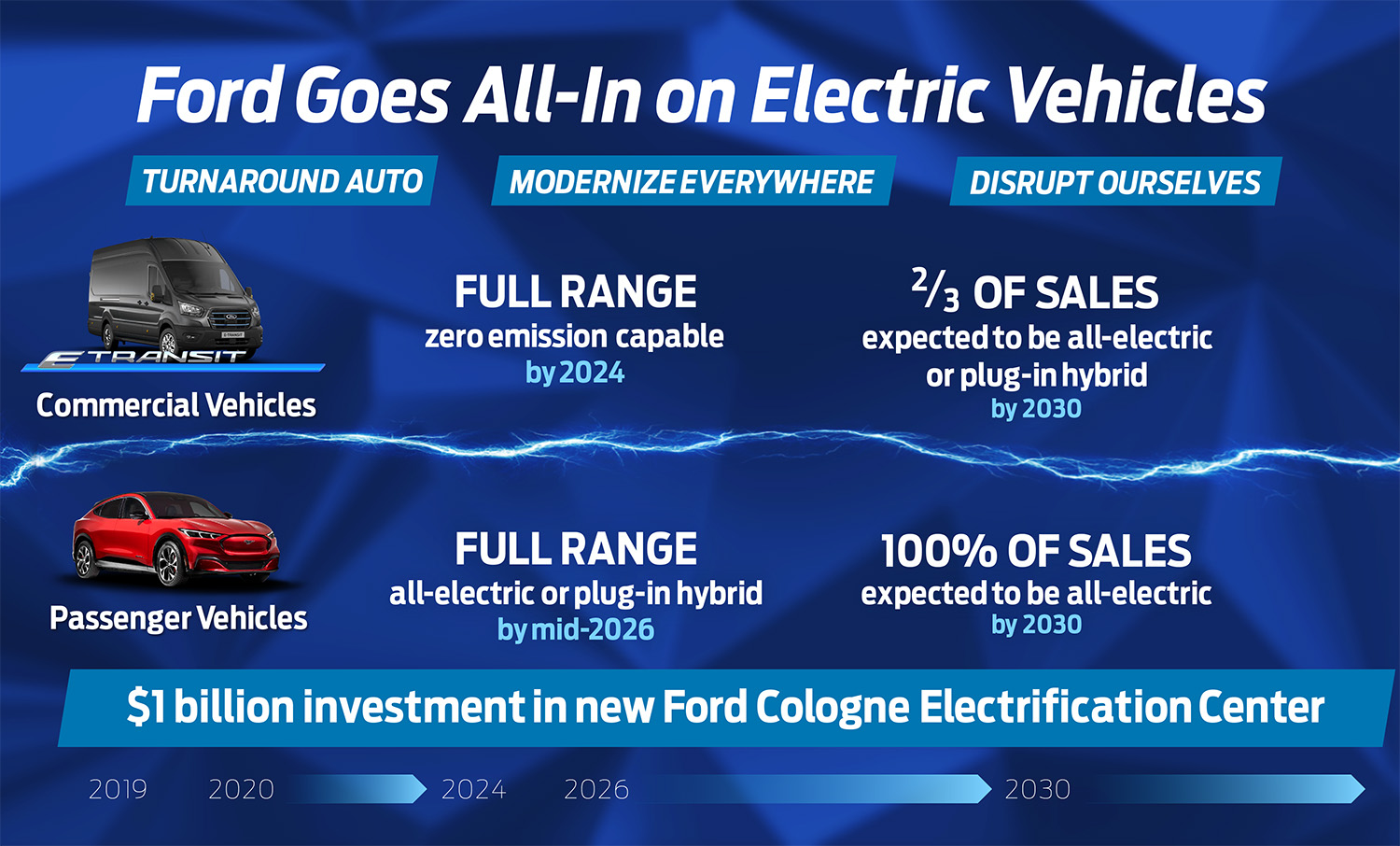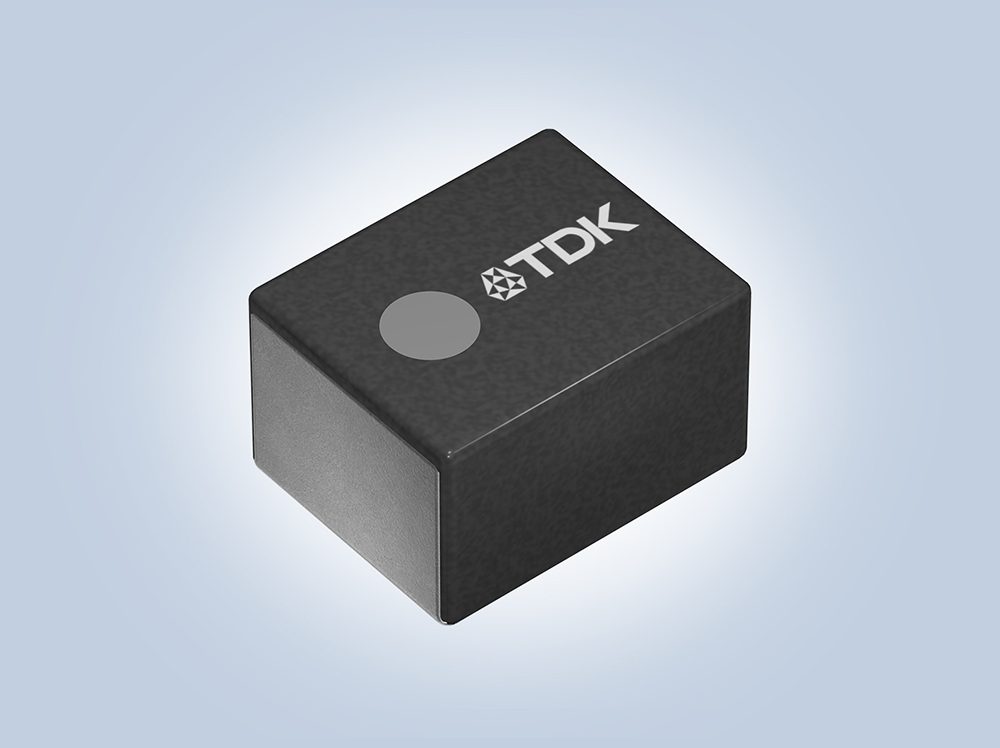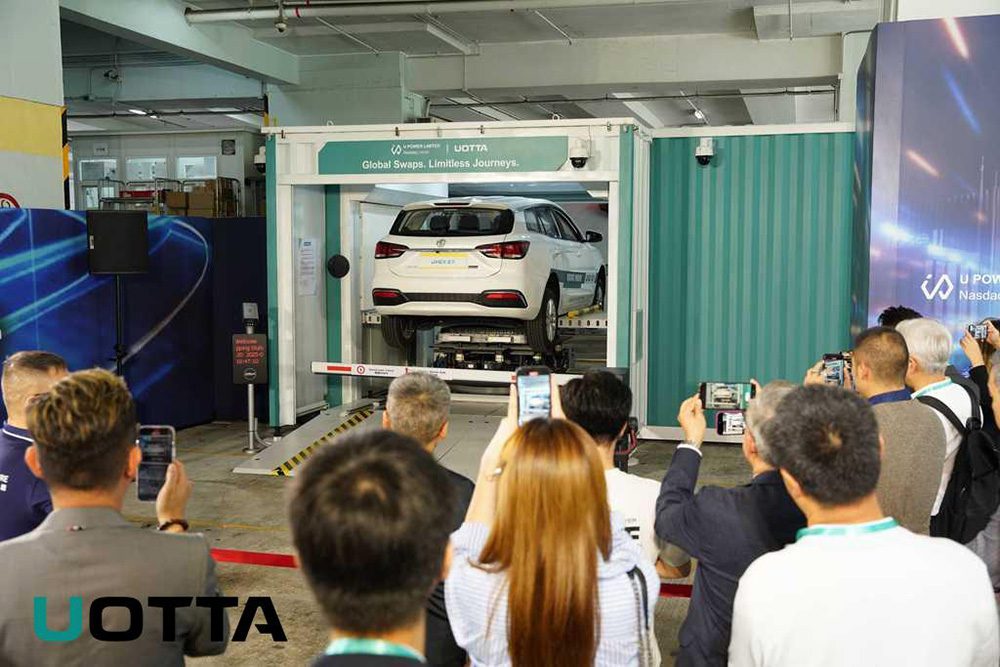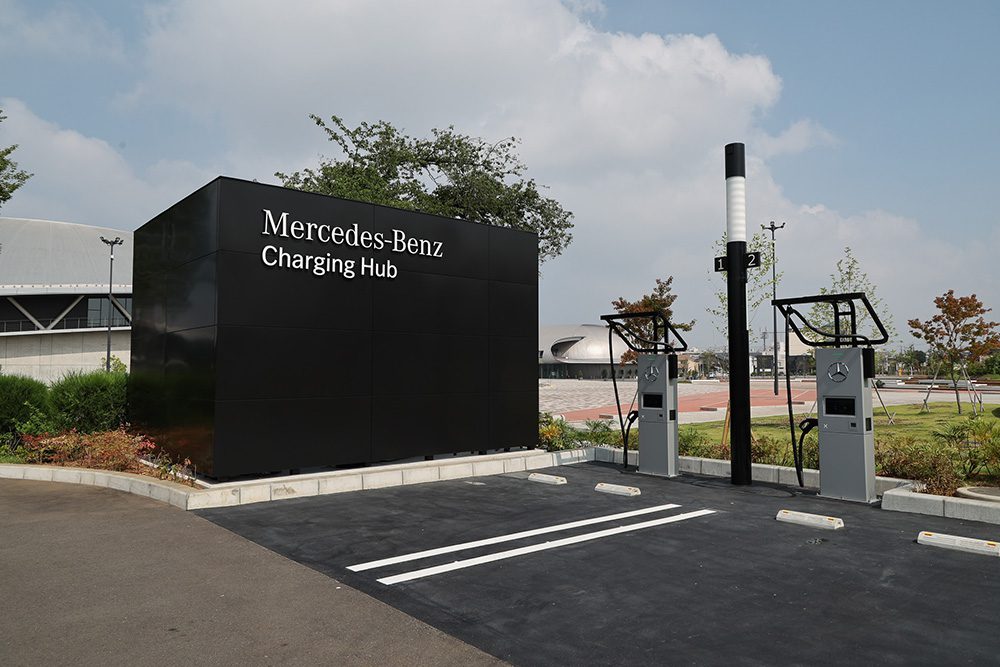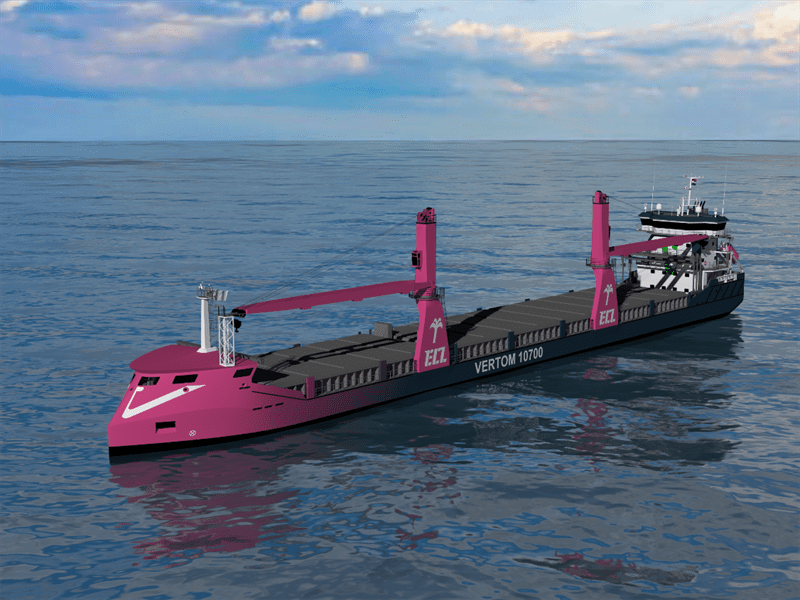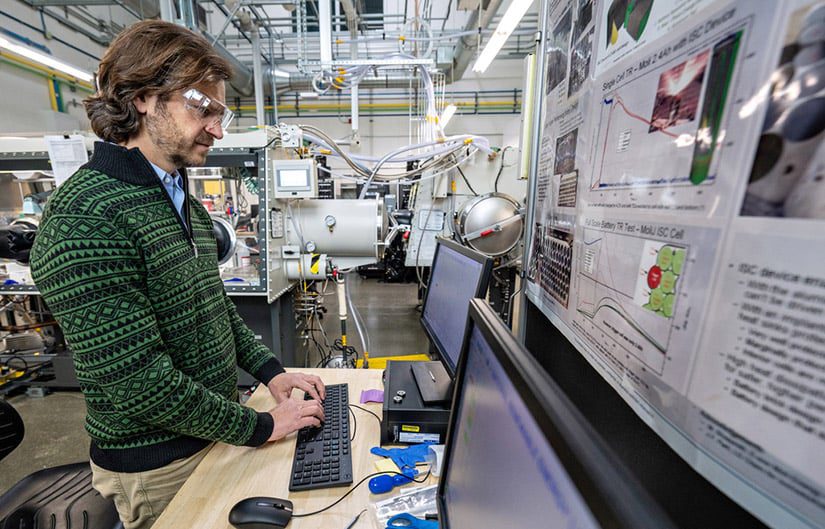A game of one-upmanship seems to be developing between America’s top two legacy automakers, and we’re cheering them on. In January, GM made a weaselly (but still significant) announcement of its “aspiration to eliminate tailpipe emissions from new light-duty vehicles by 2035.” A week later, Ford announced that it would double its planned investments in electrification.
Now Ford has upped the ante, at least in the European market, announcing that “by mid-2026, 100 percent of Ford’s passenger vehicle range in Europe will be zero-emissions capable, all-electric or plug-in hybrid, and will be completely all-electric by 2030. Similarly, Ford’s entire commercial vehicle range will be zero-emissions capable, all-electric or plug-in hybrid, by 2024, with two-thirds of Ford’s commercial vehicle sales expected to be all-electric or plug-in hybrid by 2030.”
Now, in a long and comma-rich sentence like that, there’s plenty of room to waffle and weasel. Our colleague John Voelcker wondered if, when Ford said “electric,” it really meant “electric.” Ford Executive Director John Gardiner soon responded, and verified that “all passenger vehicles in Europe by 2030 will be all-electric as in EV—not PHEV.”
As we’ve noted often, announcements of goals with a timeline of more than ten years are basically meaningless, because they don’t require any actual action in the here and now. Ford’s talking about getting rid of gas engines nine years from now, and they used the word “commitment,” not “aspiration.” We like it.
On the other hand, Ford isn’t exactly slapping GM’s corporate face with a glove here, because GM doesn’t even sell vehicles in Europe—it sold its Opel and Vauxhall brands and pulled out of the market in 2017. When does Ford plan to decarbonate its US vehicles? By 2034, perhaps?
The best thing about Ford’s announcement is that it’s putting some money into its European electrification plans. The company plans to invest $1 billion to modernize its vehicle assembly facility in Cologne, Germany, which will henceforth be known as the Ford Cologne Electrification Center.
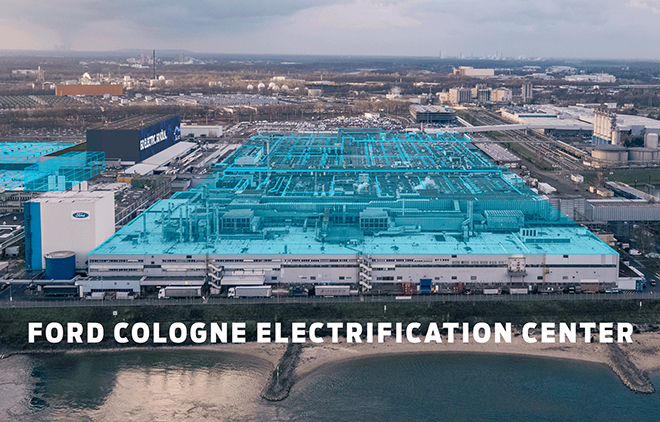
Ford also confirmed that “its first European-built, volume all-electric passenger vehicle for European customers” will be produced at the facility starting in 2023. It isn’t clear if this refers to the electric Mustang Mach-E, which just went on sale in Europe, or to a new vehicle.
“Our announcement today to transform our Cologne facility, the home of our operations in Germany for 90 years, is one of the most significant Ford has made in over a generation,” said Ford of Europe President Stuart Rowley. “It underlines our commitment to Europe and a modern future with electric vehicles at the heart of our strategy for growth.”
“We will offer an exceptional range of electrified vehicles, supported by customer-centric digital services and experiences…starting right now with the launch of the all-electric Mustang Mach-E,” Rowley continued. “In combination with our leading commercial vehicle business, this will form the basis of a sustainably profitable Ford business in Europe.”
Ford’s German works council (roughly equivalent to a labor union in the US) appears to be on board with the electrification plans. “The decision to make the production and development site in Cologne the e-mobility center for Ford in Europe is an important signal to the entire workforce,” said Martin Hennig, Chairman of the General Works Council of Ford-Werke. “It offers a long-term perspective for our employees and at the same time encourages them to help shape this electric future.”
Source: Ford







